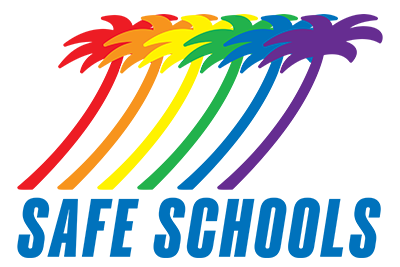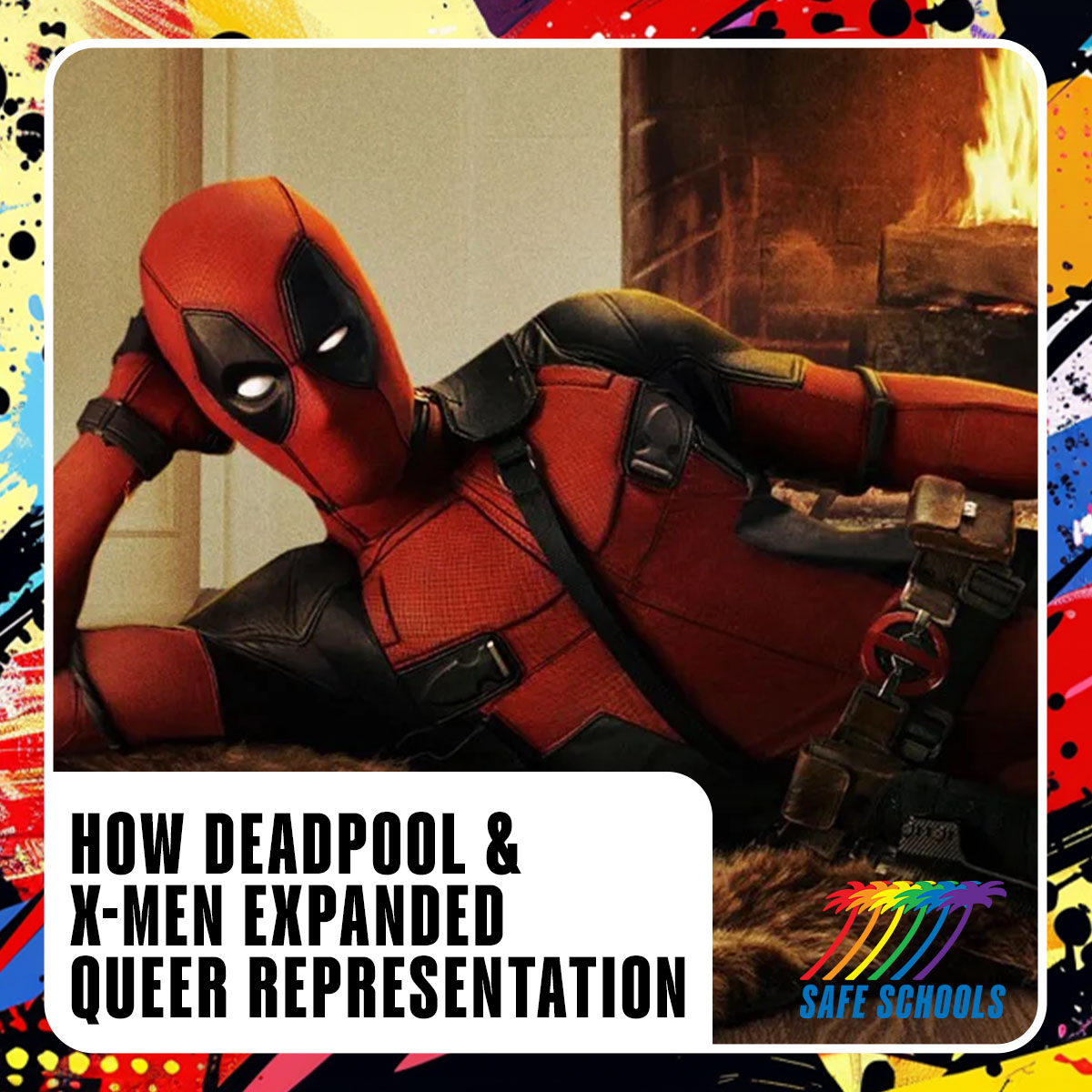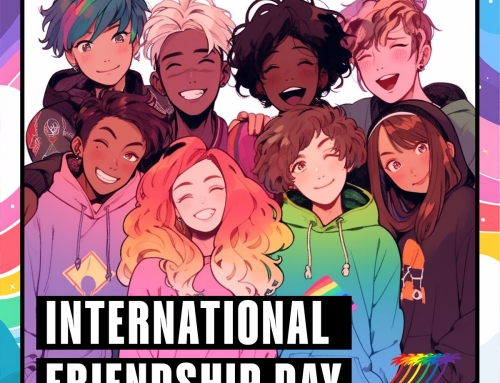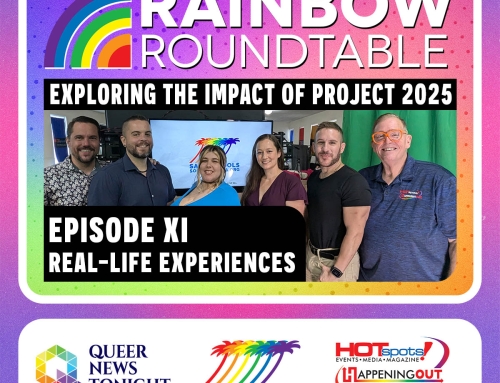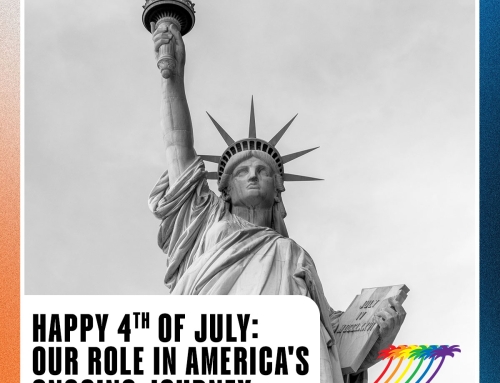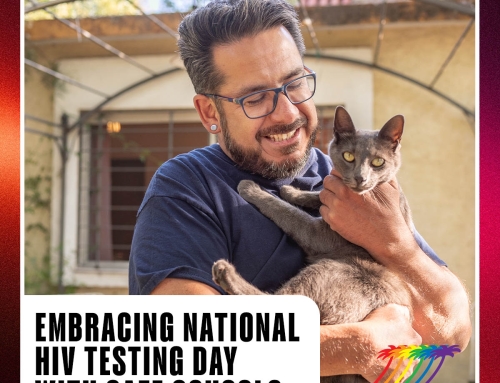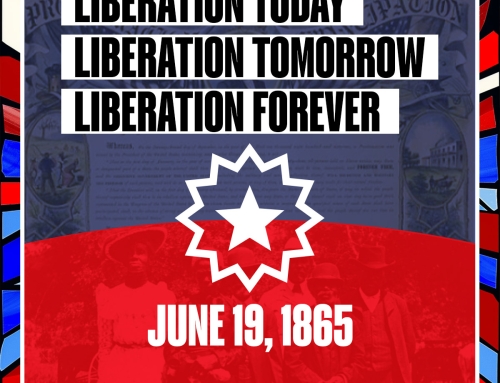The world of superhero cinema has long been a place where audiences find inspiration, excitement, and a sense of belonging. For many in the LGBTQ+ community, seeing characters that reflect their own identities can be a powerful experience. The Deadpool and X-Men movies from 20th Century Fox have been particularly influential in expanding queer representation in superhero films. Here, we explore how these movies have contributed to this important evolution and highlight eight specific examples that resonate with a young queer audience.
1. Negasonic Teenage Warhead and Yukio in Deadpool 2
In Deadpool 2, audiences were introduced to the relationship between Negasonic Teenage Warhead and Yukio, marking a significant moment as the first same-sex couple in a mainstream superhero film. Their casual and authentic portrayal provided visibility and representation for young queer viewers, emphasizing that love can be celebrated in all forms.
2. Deadpool’s Pansexuality
The character of Deadpool himself, played by Ryan Reynolds, is known for his pansexuality in the comics. The films stay true to this aspect, showcasing Deadpool’s fluid approach to love and attraction. This representation encourages young queer audiences to embrace their own identities without fear of judgment.
3. Mystique’s Gender Fluidity
Mystique, portrayed by Rebecca Romijn and later Jennifer Lawrence in the X-Men series, is a shape-shifter who embodies gender fluidity. Her ability to transform into any person, regardless of gender, symbolizes the fluid nature of gender identity, offering a powerful metaphor for young viewers exploring their own gender.
4. The Brotherhood of Mutants as a Metaphor for LGBTQ+ Struggles
The Brotherhood of Mutants, led by Magneto, often represents marginalized communities fighting against oppressive systems. For many LGBTQ+ individuals, the Brotherhood’s struggle mirrors their own battles for acceptance and equality, providing a narrative that resonates deeply with their experiences.
5. Subtextual Relationships in X2
In X2: X-Men United, the relationship between Bobby Drake (Iceman) and John Allerdyce (Pyro) is layered with subtext that hints at a deeper connection. While not explicitly queer, these subtle undertones invite queer viewers to see themselves in the characters and their close bonds.
6. Nightcrawler’s Journey of Self-Acceptance
Nightcrawler, portrayed by Alan Cumming in X2, grapples with his appearance and the way society perceives him. His journey of self-acceptance and embracing his unique identity parallels the experiences of many LGBTQ+ individuals, encouraging viewers to love themselves as they are.
7. Rogue’s Struggle with Her Identity
Rogue’s storyline in the X-Men series deals with her struggle to accept her powers, which prevent her from having physical contact with others. This narrative can be seen as a metaphor for the challenges faced by queer individuals in accepting their own identities and finding connection.
8. The X-Men as a Chosen Family
The X-Men themselves function as a chosen family, a concept that resonates strongly with LGBTQ+ youth who often seek out and create their own support networks. This theme emphasizes the importance of finding and nurturing relationships with those who accept and love you unconditionally.
The Deadpool and X-Men movies from 20th Century Fox have played a crucial role in bringing queer representation to the forefront of superhero cinema. Through diverse characters and storylines that reflect the experiences of the LGBTQ+ community, these films offer young queer audiences a chance to see themselves as heroes and champions of their own stories. By continuing to highlight and celebrate these examples, we can foster a more inclusive and affirming environment for all viewers.
By: Rev. Harold Marrero
Chief Operating Officer
We encourage you to share this information with friends, fellow teachers, and allies and join us in bringing awareness to our efforts. Your support is essential for our ongoing work to create safe spaces for all students, regardless of ethnicity, gender, sexual orientation, or expression. Please consider donating to Safe Schools so that we can continue advocating for inclusivity and diversity within the education system.
